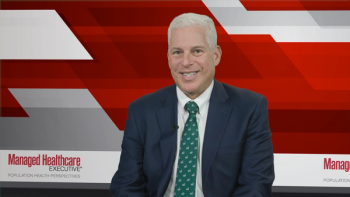
Non–treatment-naïve patient considerations are explored by key opinion leaders.

Non–treatment-naïve patient considerations are explored by key opinion leaders.
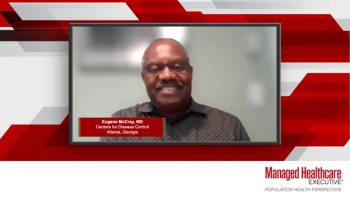
Medical experts provide an overview of testing considerations for MDR HIV.

Steven Peskin, M.D., MBA, FACP, discusses considerations for payers when identifying patients at risk for drug-resistant HIV.

Health disparities in HIV treatment management are discussed by Drs Peskin and McCray.


Uptake of pre-exposure prophylaxis (PrEP) has been slow. A survey shows that safety and side effects are the top concerns.
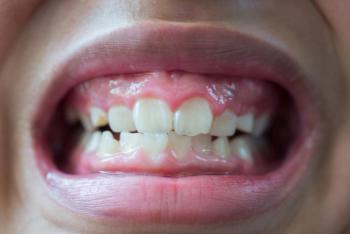
Tulane University researchers are studying whether dysregulation of the oral microbiome might affect HIV outcomes. They are using rhesus monkeys and SIV infection as a model.

But disparities among White, Black and Hispanic patients were largest among those with private insurance, according to findings reported in JAMA. The researchers speculate that differences in dealing with prior authorization may have widened disparities in the prescribing integrase strand transfer inhibitors (INSTIs).
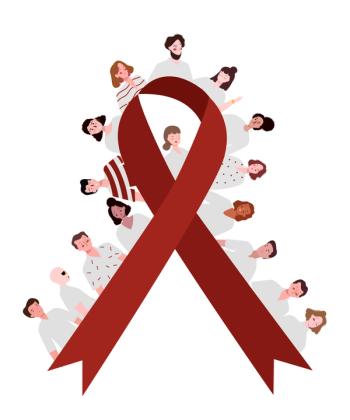

Dr McCray shares an encounter with “Patient X”, highlighting the barriers and challenges associated with MDR therapies in HIV treatment.

Dr McCray shares an encounter with “Patient X”, highlighting the barriers and challenges associated with MDR therapies in HIV treatment.

Florida has among the largest populations of people living with HIV in the country. We spoke with a clinician with 40 years of experience taking care of Floridians with HIV.
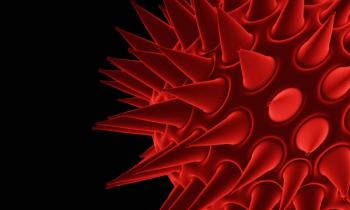
Research results published in Cell Reports implicate the Nef protein as a possible cause of disease-causing inflammation that persists even when an HIV infection is controlled.
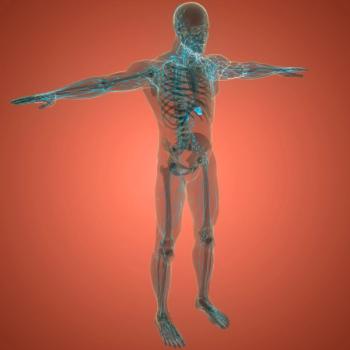
HIV hides out and replicates in the spleen, the lymph nodes and other reservoirs. Emmanuel Okala hopes to develop nanotechnology that will flush it out.
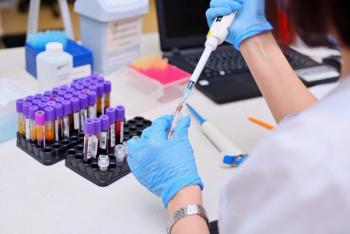
Results of a small study published in Nature Medicine show that early treatment with a monoclonal antibody might be part of a strategy to clear an HIV infection.
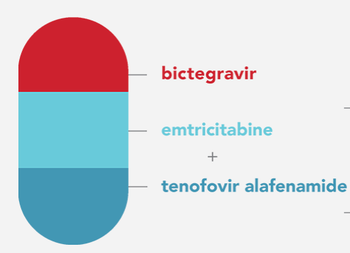
Gilead Sciences reported results from several studies of its antiretroviral.

In a conversation with Managed Healthcare Executive®, Genoa Healthcare Sales Director Jennifer Finocchiaro discusses social determinants of health, the LGBTQ+ community and the demographic contours of the HIV/AIDS epidemic.
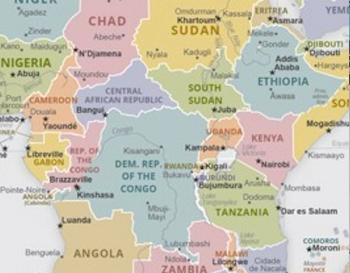
Fred Ssewamala, Ph.D., a Washington University professor and researchers, has been awarded a $3.2 million grant to study HIV intervention strategies among Ugandan young people.
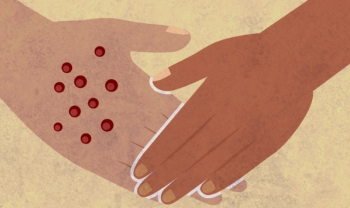
About 40% of people monkeypox also had HIV, according to a CDC study that included almost 2,000 monkeypox cases in the U.S. that occurred during the first two months of the outbreak.
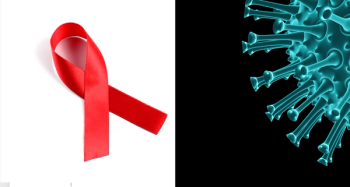
People with HIV are more susceptible to getting COVID-19 and having a severe case. Researchers at the University of Miami Miller of School of Medicine are heading up an NIAID-funded study that will use artificial intelligence to observe the overlap of the two infectious diseases and the evolution new variants of the SARS-CoV-2 virus that causes COVID-19.

Ryan White funds can make HIV care affordable, even free, but there needs to be more outreach to the trans community, says University of California, Irvine, professor.

Preexposure prophylaxis and emphasizing the U=U (undetectable = untransmittable) message are central to the efforts to end the HIV epidemic, a goal that the Biden administration picked up from the Trump administration.
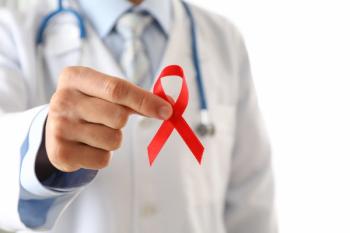
ViiV Healthcare reports long-term positive results for its drug, Rukobia (fostemsavir).
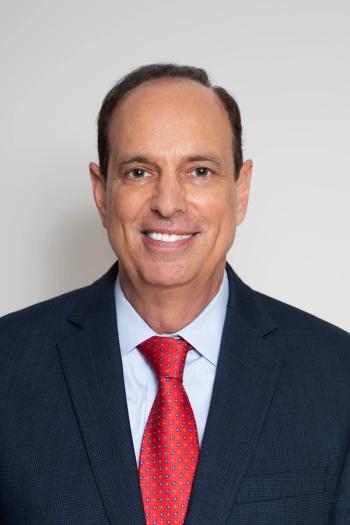
Schmid, a long-time leader in the HIV advocacy world and executive director of the HIV+Hepatitis Policy Institute, says a national program to promote and cover the costs of preexposure prophylaxis (PrEP) is desperately needed.

Brii Biosciences is one of the drug developers working on regimens that would free people living with HIV from daily pills.